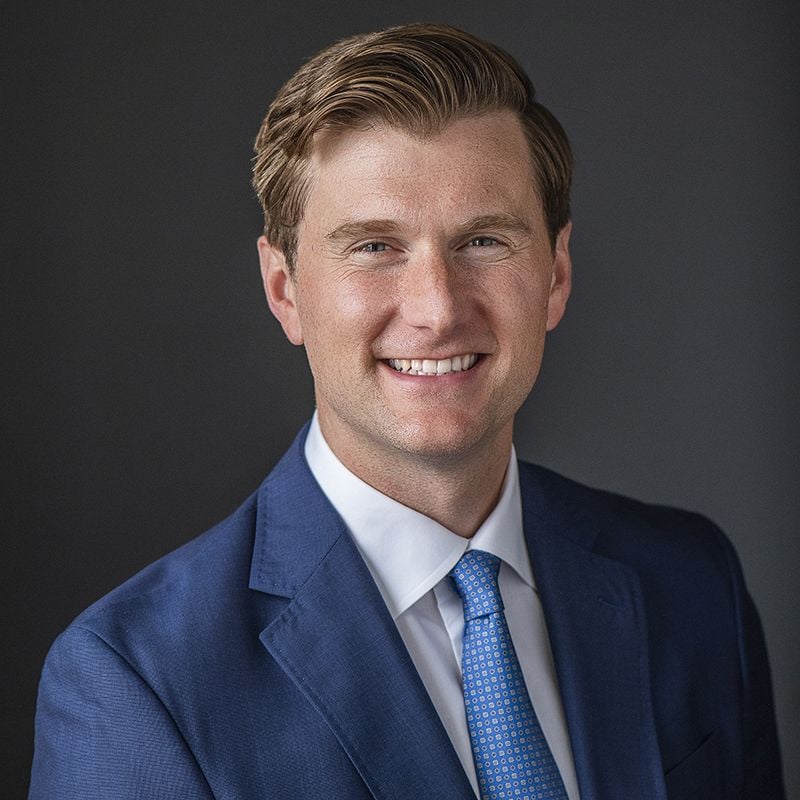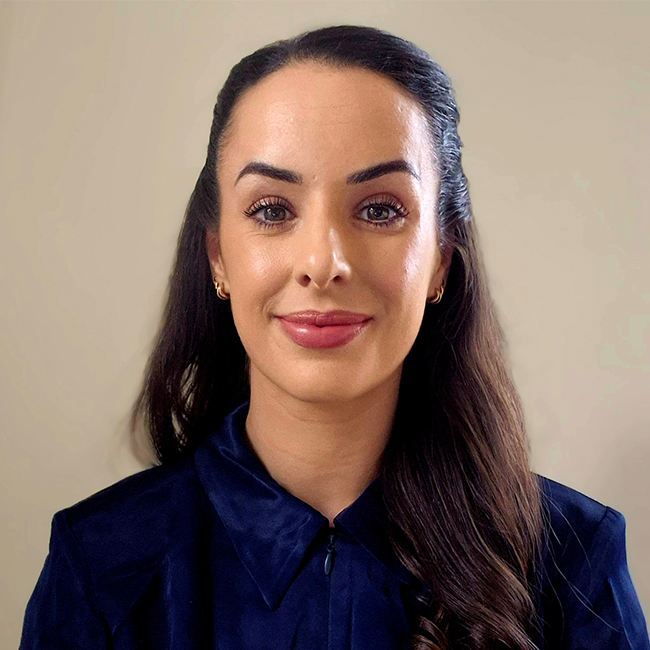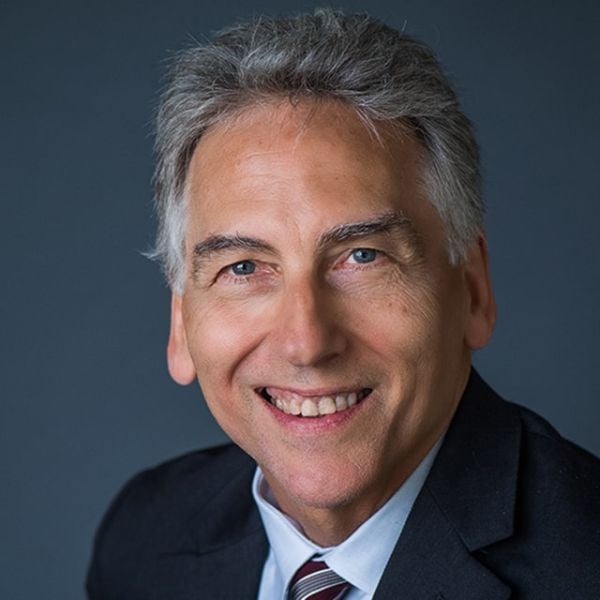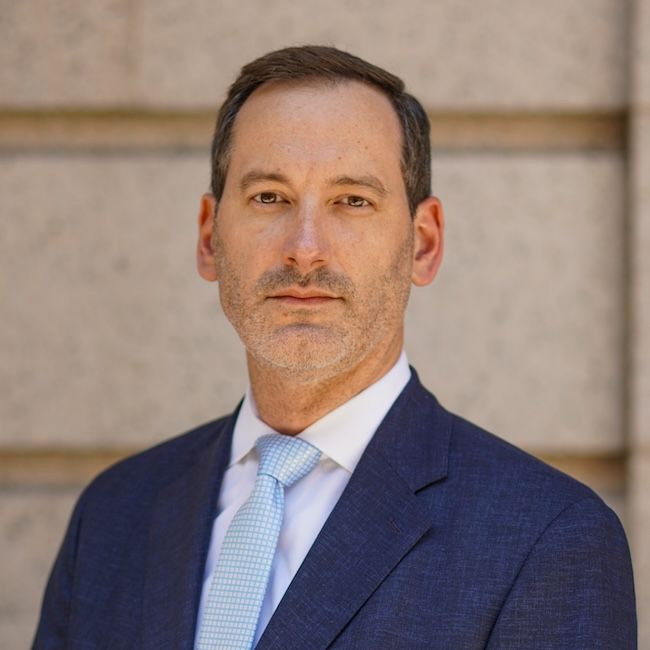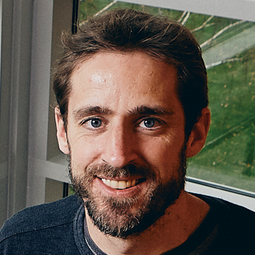
Since its inception in 2019, the US International Development Finance Corporation (DFC) has been instrumental in mobilizing capital to promote development and enhance lives globally, offering a stark contrast to the failures of authoritarian policies and practices. With over $40 billion deployed in more than 110 countries, the DFC has demonstrated that the trade-off between global development and financial returns needs not be a binary choice. In fact, both are attainable, and pursuing them is the surest way to enhance the economic and national security of the United States.
However, more can be done to fully unleash the potential of the DFC to maximize the global impact of US investments abroad in an era of shifting geopolitical alignment and strategic competition. As the need for congressional reauthorization approaches, policymakers should prioritize policies that promote flexibility, innovation, and impact, while making money for taxpayers. The poorest communities around the world must continue to be prioritized, but so too must projects in locations of geopolitical and strategic importance. Reauthorization should provide the DFC with broad flexibility in deal terms, approvals, and organizational structure, while ensuring that impact and market-based inclusive economic growth are core organizational pillars moving forward.






